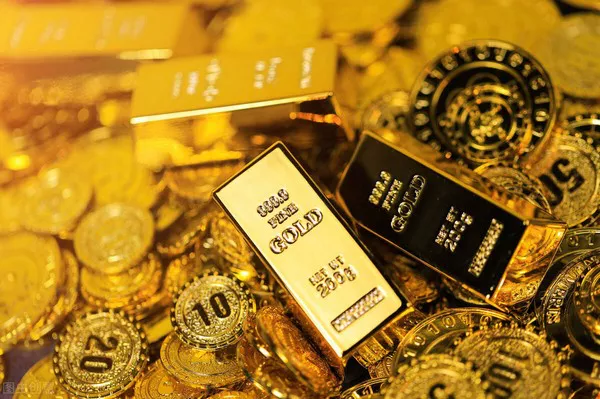Gold, revered for its intrinsic value and timeless allure, is often traded in various forms, including bars of different sizes and purities. A 24 oz gold bar, with its significant weight and purity, holds a unique place in the world of precious metals. In this exploration, we delve into the factors influencing the value of a 24 oz gold bar and answer the question: How much is a 24 oz gold bar worth?
1. Understanding Gold Bar Weights and Purity
Gold bars come in various weights, and the purity of the gold is denoted in karats or fineness. A 24 oz gold bar indicates a weight of 24 troy ounces, and the gold within it is typically of high purity, often reaching 99.99%.
2. Determining Gold Value: Weight and Purity
The value of a 24 oz gold bar is primarily determined by two key factors:
Weight:
The weight of the gold bar, measured in troy ounces, is a crucial determinant of its value. Larger bars, such as the 24 oz variant, inherently have a higher intrinsic value.
Purity:
The purity of the gold, expressed as a percentage or in karats, plays a significant role. Higher purity gold commands a higher market value.
3. Gold Spot Price as a Benchmark
The daily gold spot price serves as a benchmark for the value of gold bars in the market. This spot price represents the current market value of one troy ounce of gold. It is influenced by global supply and demand dynamics, economic conditions, and geopolitical factors.
4. Calculating the Intrinsic Value
To calculate the intrinsic value of a 24 oz gold bar, multiply the weight (24 troy ounces) by the current gold spot price. The result provides the raw or intrinsic value of the gold content in the bar.
5. Premiums and Additional Costs
The actual market price of a 24 oz gold bar may surpass its intrinsic value due to additional costs and premiums. These can include:
Manufacturing Premium:
The cost associated with producing the gold bar, including refining, casting, and stamping.
Dealer Markup:
Dealers typically add a markup to cover their operating costs and make a profit.
Transaction Costs:
Fees related to buying or selling the gold bar, including shipping, insurance, and any applicable taxes.
6. Market Trends and Economic Conditions
The broader economic landscape and market trends also impact the value of gold bars. During periods of economic uncertainty or inflation, gold often serves as a safe-haven asset, leading to increased demand and higher prices.
7. Comparing to Smaller Denominations
While a 24 oz gold bar is a substantial investment, comparing it to smaller denominations can provide insights into the cost-effectiveness of larger bars. Smaller bars often have higher manufacturing premiums but may offer more flexibility in liquidation.
Conclusion: A Weighty Investment with Inherent Value
In conclusion, the worth of a 24 oz gold bar is intricately tied to its weight, purity, and the prevailing gold spot price. Understanding the factors influencing its value, including premiums, transaction costs, and market trends, is essential for informed decision-making.
Investing in a 24 oz gold bar represents a weighty commitment, both figuratively and literally. As a tangible asset with inherent value, it aligns with the enduring tradition of gold as a store of wealth. Whether acquired for investment diversification or as a tangible representation of wealth, a 24 oz gold bar symbolizes the timeless allure of this precious metal in the world of finance and commerce.

